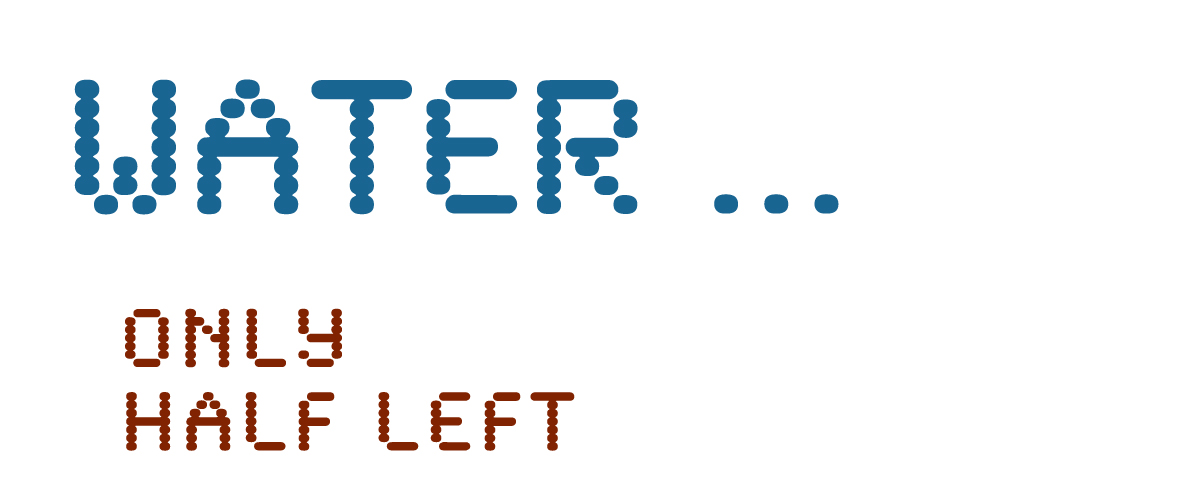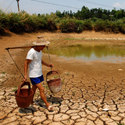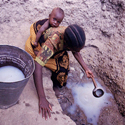Mumbai faces acute water shortage -BBC Article 7/7/09
Water pipe in Mumbai India’s water table has dropped to alarmingly low levels
The authorities in the Indian city of Mumbai (Bombay) have reduced water supplies by 30% as it faces one of the worst water shortages in its history.
The cuts will affect supplies to hundreds of thousands of households as well as hospitals and hotels.
Most lakes that supply water to Indian cities are heavily dependent on monsoon rainfall which this year has been intermittent, officials say.
Mumbai is India’s most populated city and its commercial and film-making hub.
But now correspondents say its 20 million inhabitants face an acute water shortage for the first time in living memory.
The drought in Maharashtra in the west comes as half a million people have been stranded as rivers burst their banks due to flooding in the north-eastern state of Assam.
Alarming
If more rain does not arrive soon, the lakes which supply Mumbai will recede still further.
The BBC’s Prachi Pinglay in Mumbai says that rainfall figures are alarming compared with last year. In many areas of the state of Maharashtra and its capital, there has been only 25% of the rainfall received by this time last year.
Residents in several areas of Mumbai are now concerned about having to buy water from private water supply tankers as the five main lakes which supply the city now have levels between four to 10 metres lower than at this time last year.
The city corporation has urged citizens to save water and use it sparingly. They say one lake has enough water to last for the next three weeks, while two others have reserves for about two months.
Jayshree Ranade, a resident of Girgaum, south Mumbai, says that her household barely gets 45 minutes of water supply a day.
“We get water at about 4.45 am and it’s gone before 5.45 am. Earlier we used to get water for more than two hours,” she told the BBC.
“In my building all the families wake up at 4.30 am and everyone has to have a shower, wash clothes, utensils and fill up the water tank – all before 5.45 am. It’s a mad rush. Children wake up, get ready and go back to sleep.”
The authorities now say they are also considering seeding clouds to generate artificial rainfall.
The civic corporation has also reduced water supplies to swimming pools in five-star hotels and clubs.
Officials say that there are two ways to impose a water cut – one by reducing the number of hours of water supply and, second, to cut the supply at source.
India’s capital, Delhi, is also reeling from depleted water supplies, while many towns and villages across the country still have woefully inadequate safe drinking water facilities.
They depend largely on bore wells, which have seriously depleted the country’s water table.
The BBC’s Zubair Ahmed in Mumbai says farm produce is also likely to be badly affected if the full monsoon does not arrive soon.




